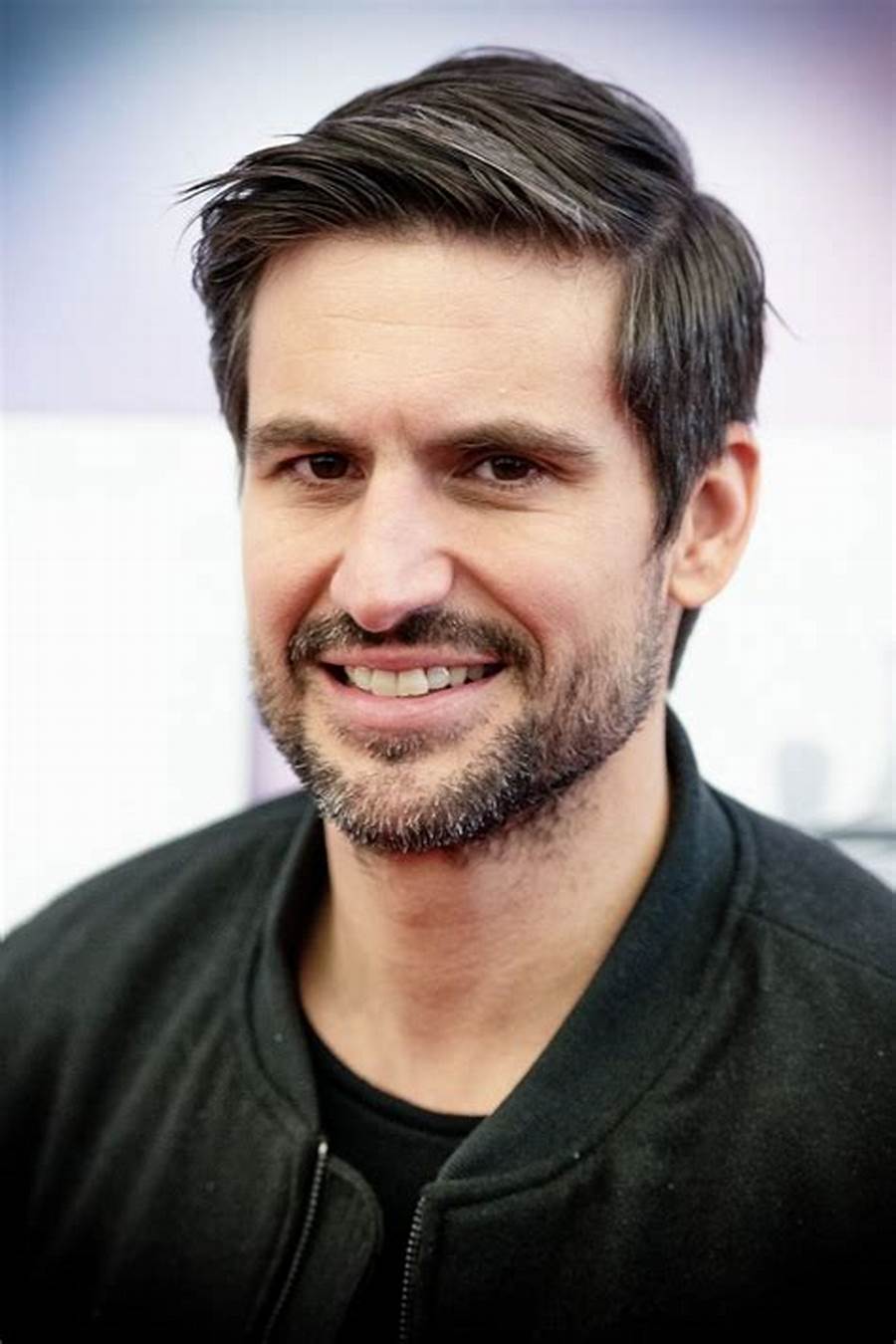– It was the atmosphere in the hall that I call the atmosphere of rebellion. People are angry and irritated. And clearly stated, said Rotevatn to NTB.
The deputy left-wing leader has just returned to Norway after being in Liverpool for the Eurovision final.
Like many others, he reacted violently to the fact that Sweden was declared the winner, despite the fact that it was clear that Finland received the most votes from the people. The jury’s vote is decisive.
– I don’t think it’s ever happened before that a song won Eurovision without a single country thinking it was the best song, said Rotevatn.
protest shouted
Storting politicians themselves joined in chanting “Cha Cha Cha”, the chorus of a Finnish song, in protest as the result became clear. This cry could be clearly heard on the TV broadcast.
– I’m as upset as anyone else. I mean what happened yesterday was a scandal. Now the jury system must end, Rotevatn said.
Swedish winner “Tattoo” Loreen was awarded 243 points from the public vote, while the crowd favorite “Cha Cha Cha” from Finland’s Käärijä garnered 376 points. As 340 professional judges chose Sweden against 150 for Finland, Sweden qualified victorious.
– There was almost complete silence and a bit of applause as the Swedes rose to perform the winning song. It’s spectacular enough to be a part of, says Rotevatn.
– Has reached a breaking point
He also said that there was increasing jeering, and the hosts seemed to be becoming uncomfortable with the situation.
– They understand what happened. I think the winner too, he said.
After that, it was revealed that no country had given Sweden 12 points based on their popular vote.
– Sweden comes with a song specially adapted to collect the votes of the judges. I think it’s the cynicism in it that pisses people off so much, says Rotevatn.
He believes a breaking point was reached for the jury system on Saturday.
– A lot of people have been annoyed with the jury before, and it’s happened before that someone won without getting the most votes from the public. But yesterday there was a very big difference in the number of votes, he said.
Hopefully NRK takes this case further
Rotevatn had never been to a Eurovision final before but he was there with people who have attended regularly over the past decades.
– They’ve never experienced anything like this. The atmosphere in the hall was very special, he said.
The Norwegian entry, Alessandra’s “Queen of Kings”, also entered the results list when the most votes were cast. He only got 50 judges points, but still placed fifth after earning 216 public points.
Rotevatn hopes NRK will now be able to take the case further into the EBU system hosting the competition.
– As far as NRK’s influence goes, I would like them to advocate for abolishing the jury system. They should work on it if they agree with me. However, I believe that the EBU should see that it has an interest in them to remove the scheme as well, he said.
EBU: More power to the public
In an email to NTB, the European Broadcasting Union (EBU) defended the jury system and pointed out that some changes were made to the voting system this year.
Among other things, now only the audience decides who advances from the semifinals. In addition, the public is now open to voting from countries that broadcast Eurovision, but do not participate in themselves.
– Votes from around the world count as one additional country, which actually gives viewers more power in determining the final result. Juries in each of the 37 participating countries decided on more than 49.3 percent of the points awarded, and the popular vote accounted for 50.7 percent, the EBU wrote.
NTB has asked the EBU several questions about criticism of the jury system, including whether they are considering making changes to the system for next year. The Broadcasting Union has yet to respond directly to this.
(© NTB)

“Hardcore zombie fan. Incurable internet advocate. Subtly charming problem solver. Freelance twitter ninja.”






